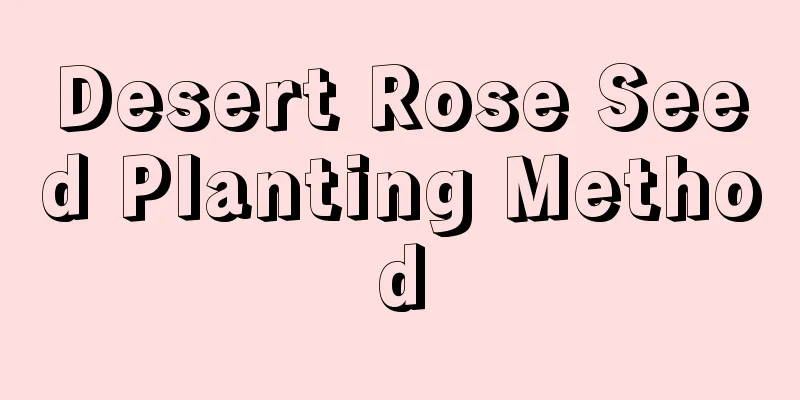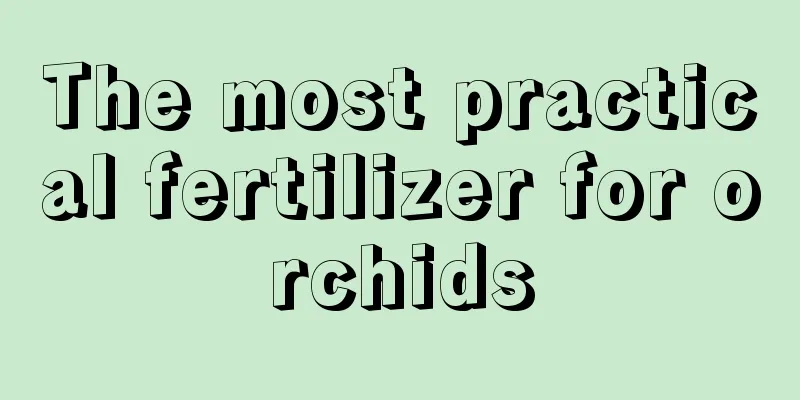Rice growing environment and local conditions

Rice growing environment and conditionsRice generally grows in tropical, semi-tropical and temperate regions, and is often distributed in coastal plains, tidal deltas and river basins. It was originally distributed in China, and rice was planted in the Yangtze River Basin a long time ago. After being widely planted in China, rice spread to India. Rice growing conditionsRice prefers a high temperature and humid environment. It is a short-day plant and requires sufficient light during its growth period. If the maintenance environment lacks light, the yield will not be high and the quality will be poor. It is not very demanding on the soil, and paddy soil is the best. Rice growing temperatureRice likes a warm environment and is not cold-resistant. The lowest suitable temperature for germination is 10-12 degrees, and the optimum is 28-32 degrees. The most suitable temperature for panicle differentiation is around 30 degrees, the suitable temperature for heading is 25-35 degrees, and the optimum temperature for flowering is around 30 degrees. If the temperature is below 20 degrees or above 40 degrees, the growth will be poor. Rice growth processThe life of rice begins with seed germination, goes through rooting, leaf growth, tillering, jointing, panicle formation, flowering, and fruiting, and finally forms new seeds. This is called the life of rice. The life of rice is divided into four periods: seedling stage, greening and tillering stage, jointing and heading stage, and heading and fruiting stage. Rice Planting Time and Method1. The planting time of rice can be early or late. Early rice is generally sown in March and April, medium rice is sown in April and May, and late rice is sown in mid-June. You can also choose different time periods for sowing according to different planting conditions. For example, the area south of the Yangtze River generally grows two seasons of rice, which are mainly sown in early April or early July. 2. Before planting rice, you need to renovate the soil to make it loose, then sow the seedlings in the nursery field. When they grow to 5-8 cm in height, transplant them to the field, and then carefully maintain them before harvesting. |
<<: The growing environment and local conditions of Bletilla striata
>>: The growing environment and local conditions of yam
Recommend
How to plant mango seeds
Mango is a tropical fruit, suitable for cultivati...
Jasper cultivation method and watering
Jade is a herbaceous plant belonging to the genus...
What are the cultivation methods and precautions of Longzhu
How to grow dragon bamboo Dragon bamboo is a plan...
After using these tricks, other people’s jade lotus has bloomed into a huge bloom. What are you waiting for? Come and see the tips!
1. Light and temperature The Jade Lotus, whose ho...
When is the best time to plant chive seeds?
As a common vegetable, leek is not only loved by ...
The meaning and Feng Shui of Monstera
1. The meaning of Monstera The symbol of Monstera...
What is the flower language of forget-me-not
Flower Language Everlasting love, deep friendship...
When does the rhododendron bloom?
1. Its flowering period This plant comes in many ...
How to grow potted pomegranates well
Pomegranate potted cultivation method 1. Water: P...
What are some common cheeky plants?
1. Winter Beauty This plant belongs to the Crassu...
When is the best time to plant potatoes?
1. When is the best time to plant? The time for p...
How to water the banyan tree
Key points for watering banyan trees The banyan t...
Whose cactus is it? How come it is so weird and unruly?
The super popular thornless cactus, it looks like...
How to cultivate fragrant pine
Growth conditions of fragrant pine Fragrant pine ...
What season is suitable for planting peony? Which month is best for planting peony seedlings?
Peonies are extremely ornamental, with large, bea...









